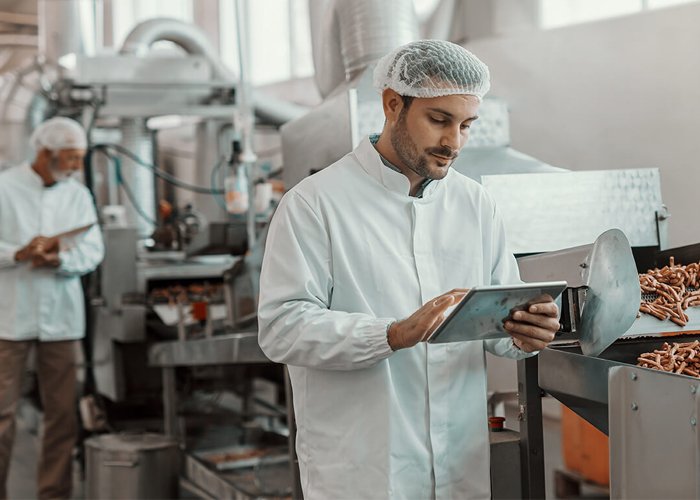Digitalization and ERP: What role does it play in the food industry?
Digitalization and ERP: What role does it play in the food industry?
The food industry is struggling with a significant change. The creation of digitalization and ERP has made it possible to use an increasing number of technologies in the food industry. It is helping to create a more efficient and effective set of processes, while also optimizing the food supply chain. This is leading to a greater need for the industry to come together to work and understand each other.

